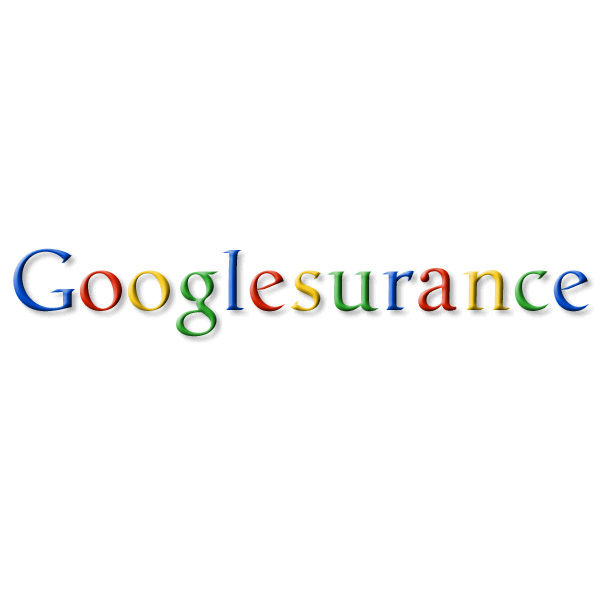Google plans to tackle auto insurance distribution in the U.S. are making waves, but they haven’t yet attracted interest from large underwriters, Nomura noted in a new industry report.
“GEICO, Progressive and Allstate have not signed up to be included in Google’s comparative rater to date,” Nomura analysts Cliffard Galland and Matthew Rohrmann said in their analysis of Google’s big insurance distribution move.
They point out that “these companies still have the advantage of a seamless sales route under a single brand to get clients to take the final step and actually purchase coverage.”
By contrast, they said that comparative raters (such as the product Google is rolling out), “typically have higher quote traffic but low levels of actual policies purchased. The report warns that Google could find ways to close that gap.
Google made waves earlier this year with reports that the Google Compare Auto Insurance Services Inc. – its online auto insurance shopper – has been licensed to sell insurance in at least 26 states. Forrester Research’s Ellen Carney said that Google could also be working with CoverHound, which currently offers online quotes for a number of insurers including Hartford, Esurance, 21st Century, Travelers, Safeco, National General, Progressive, Foremost, Plymouth Rock and more.
The Nomura report said Google has only launched its service in California as of yet, partnering with 14 small carriers. But the search engine giant will likely be licensed in all 50 states in the near future, Nomura added, noting that its potential to reshape insurance distribution already remains formidable.
“Google has captured ~75% of the search market, and while not underwriting any policies, the company is providing another distribution channel for consumers to access quotes,” the Nomura report said. “While there have been a number of comparative-rater sites available to consumers for years, Google’s presence is formidable, given its scale and high-profile platform. In fact, we would hazard to guess that most consumers would use Google to find the comparative-rater sites.”
Nomura’s Gallant and Rohrmann write that they perceive American consumers as increasingly seeing auto insurance as a commodity product, with the winning distributors either having to be low cost or package products in a “robust” way. With that in mind, consumers could increasingly turn to Google and/or Amazon to buy their insurance, the report argues.
Google could be dominant in this space for a number of reasons, but the Nomura report suggests it could take a particular lead with big data.
“Google’s expertise around a vast array of data holds tantalizing opportunities for insurance companies,” the Nomura report states. “As technology around telematics, mapping, and even self-driving cars evolves, Google could hold competitive advantages in auto insurance.”
If that’s true, then independent agents should be particularly worried, the Nomura report concluded.
Source: Nomura





















 Modern Underwriting Technology: Decisive Steps to Successful Implementation
Modern Underwriting Technology: Decisive Steps to Successful Implementation  What Analysts Are Saying About the 2026 P/C Insurance Market
What Analysts Are Saying About the 2026 P/C Insurance Market  Allianz Built an AI Agent to Train Claims Professionals in Virtual Reality
Allianz Built an AI Agent to Train Claims Professionals in Virtual Reality  AIG, Chubb Can’t Use ‘Bump-Up’ Provision in D&O Policy to Avoid Coverage
AIG, Chubb Can’t Use ‘Bump-Up’ Provision in D&O Policy to Avoid Coverage 










